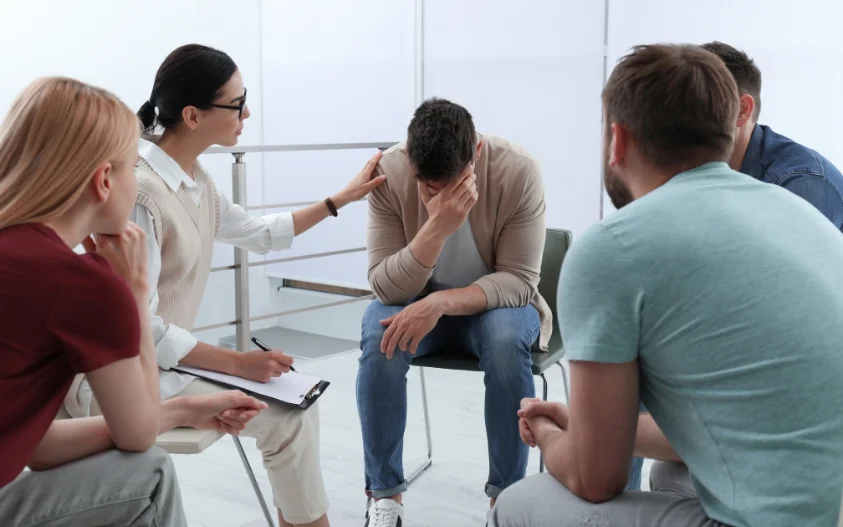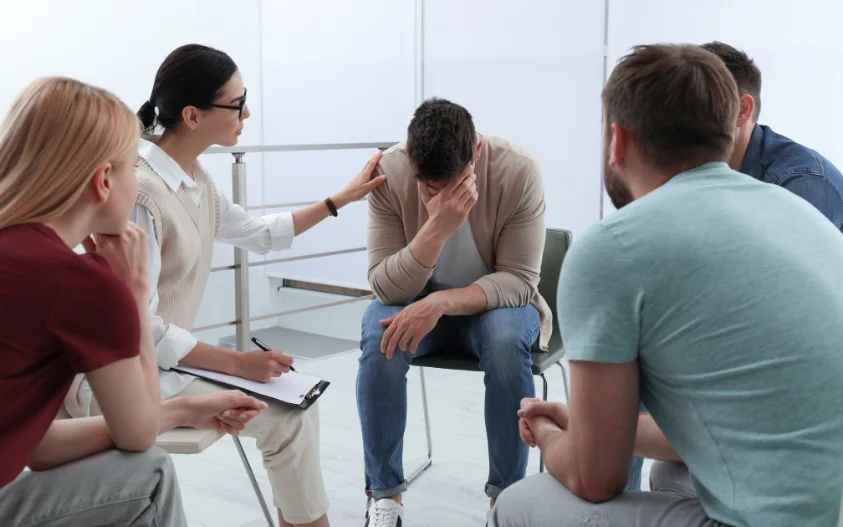24/7 Helpline:
(866) 899-221924/7 Helpline:
(866) 899-2219
Learn more about Bipolar Disorder Treatment centers in Lake Odessa
Bipolar Disorder Treatment in Other Cities

Other Insurance Options

UMR

Ceridian

Covered California

CareFirst

Regence

American Behavioral

BlueCross

Medical Mutual of Ohio

CareSource

United Health Care

WellCare Health Plans

Health Partners

Ambetter

Kaiser Permanente

State Farm

Providence

Oxford

Aetna

Excellus

Premera
















Pine Rest Christian Mental Health Services
Pine Rest Christian Mental Health Services - Laurel Drive is located in Lake Odessa, Michigan. Pine ...










